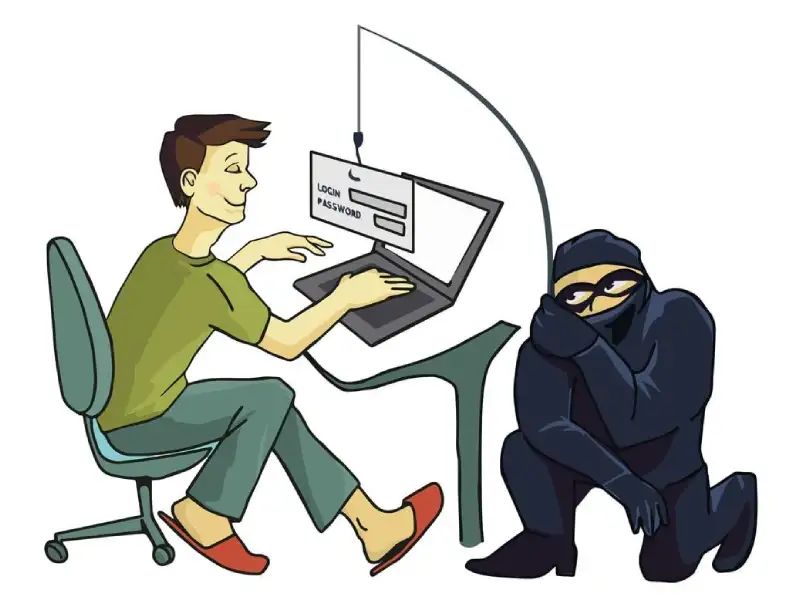Credit card phishing
Credit card phishing has caused many to lose money. Stay alert and contact us for recovery help.

What is phishing?
Phishing is a type of cyberattack in which criminals impersonate trusted individuals or organizations to trick you into revealing sensitive personal information. Although phishing typically happens via email, attackers also use fake websites, text messages, and phone calls to carry out their schemes.
Common phishing targets include:
Login credentials
Bank and credit card details
Personal identity information
These scams often focus on individuals who are less familiar with online security practices, making them more vulnerable. Once scammers obtain your information, they may sell your data or use it directly to make unauthorized purchases, commit identity theft, or drain your accounts.
How Do Credit Card Phishing Scams Work?
In a typical credit card phishing scam, a fraudster pretends to be from your bank or credit card provider and contacts you claiming there’s an urgent issue with your account. They may:
Send an email asking you to verify your identity or card details.
Provide a fake link that leads to a convincing—but fraudulent—website.
Call or text you using spoofed numbers that appear to be from your bank.
These tactics are designed to create panic and urgency, prompting you to act without thinking. Once you enter your credit card information, the scammer can use or sell your data almost instantly.
FAQs
Credit card phishing scams often begin with a sense of urgency or fear. Scammers typically claim that:
There’s suspicious activity on your card.
Your card has been blocked or frozen.
You must verify your identity or account information immediately.
They’ll urge you to click a link, call a number, or provide sensitive information. These messages may look legitimate, using official logos or formatting from your bank. Always verify such claims directly by contacting your credit card provider through a trusted number—not through links or contacts in the message itself.
Phishing scams take many forms, but the most common include:
Fake emails that appear to be from your bank or credit card company.
Spoofed websites designed to capture your login or card details.
Phone calls or robocalls posing as fraud departments.
SMS messages claiming urgent card issues.
Scammers go to great lengths to appear credible, often including your bank’s name, logo, and even partial personal details to build trust.
Yes—you can! Many victims of credit card phishing scams are able to recover their lost funds by working with professional recovery services, such as Payback LTD.
Payback’s team includes experienced financial and cybercrime experts who specialize in recovering funds lost to fraud. They can:
Work with your bank or credit card provider to dispute unauthorized charges.
Trace and confront the fraudsters, where possible.
Provide expert support to help prevent future scams.
If you’ve fallen victim to a phishing scam, don’t wait—act quickly to improve your chances of a successful recovery.
